Businesses in California and elsewhere rely on contracts and the specific terms of these agreements that protect and ensure performance, to guarantee the survival and growth of their operations. When a business takes out an insurance policy, whether it is general liability, commercial property, or other type of insurance to protect it against industry-specific concerns, a claim denial can cause significant disruption to the business.
Commercial insurance bad faith occurs when insurance companies fail in their duty of good faith and fair dealing to their policyholders. The insured party may hold the insurance company liable for disruptions to the business’s operations due to denial, delays, or the underpayment of claims.
Insurance bad faith
Insurance industry regulation generally primarily falls under state laws, and for California business owners, bad faith insurance law defines specific acts that can constitute bad faith:
- Misrepresentation of the policy
- Denial of legitimate policy benefits or failure to explain denial
- Delayed or inadequate investigation of claims
- Attempts to underinsure or resolve issue unreasonably
- Threats to appeal an arbitration award
Deciding which entities to hold liable
Not unlike a breach of contract claim, a first-party insurance bad faith claim would question how the insurance company’s actions contradicted the language of the policy. The insurance company owes a duty to conduct a prompt investigation, provide a fair evaluation of the damages, approve or deny the claim, and provide prompt payment once approved.
In a third-party claim such as premises liability or auto insurance claims, the business must engage with another policy-holder’s insurance. Insurance companies owe several duties to their policyholders:
- to defend the policyholder, which will likely include costs associated with defense which may be above the policy limits.
- to indemnify the policyholder if they are found liable for certain claims against them
- to settle if the insured was at fault for a covered accident
A failure to perform any of these duties will hold the insurance company liable for all judgement costs against the business, regardless of policy limits. It is important for California business owners to understand what protections they have under the law as well as what steps to take if they must take legal action for bad faith insurance practices.

